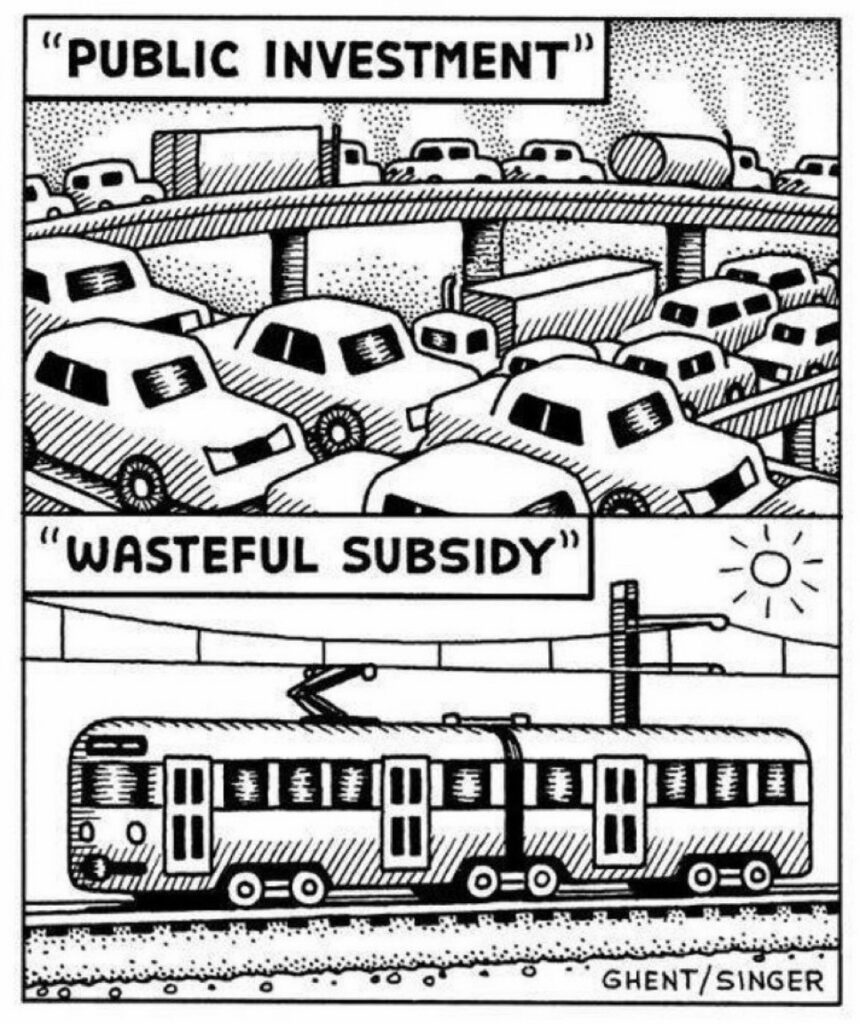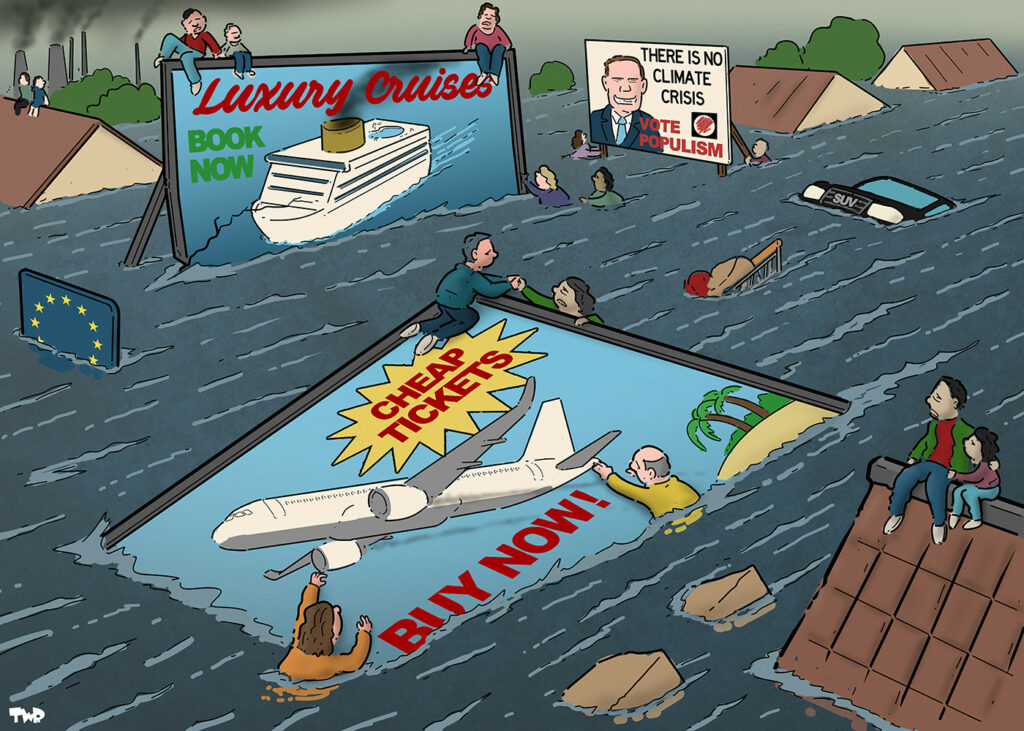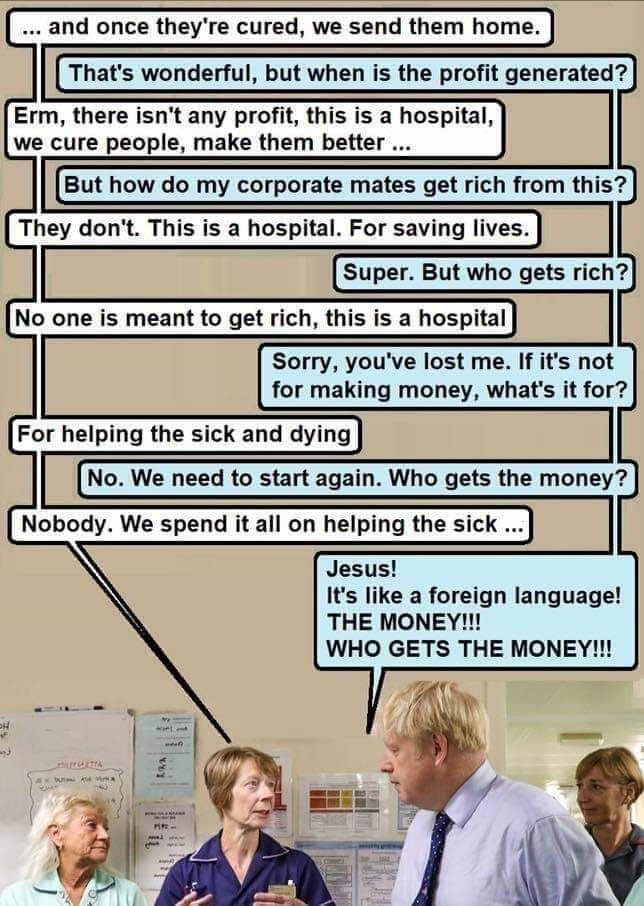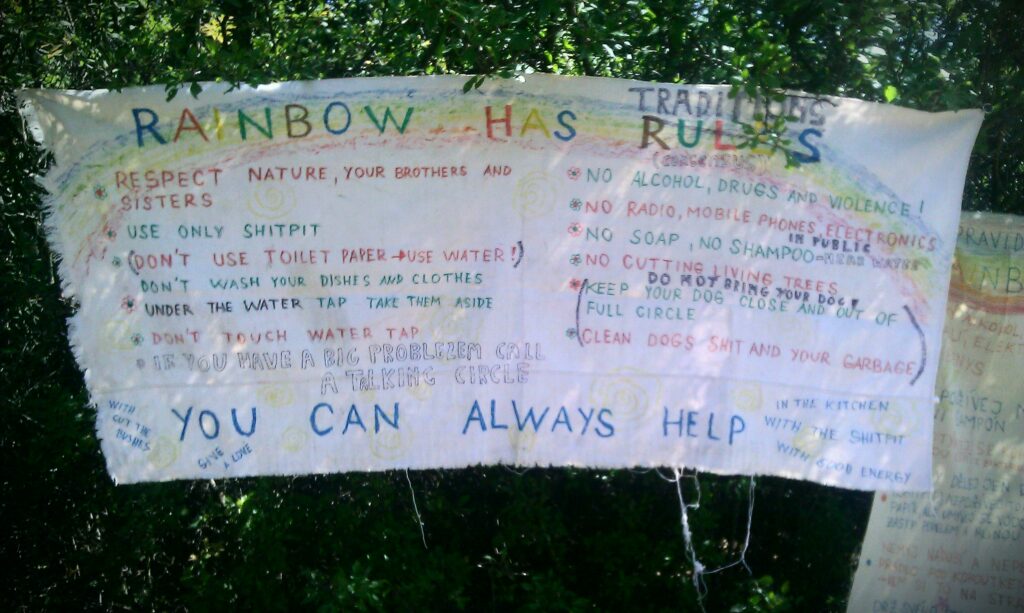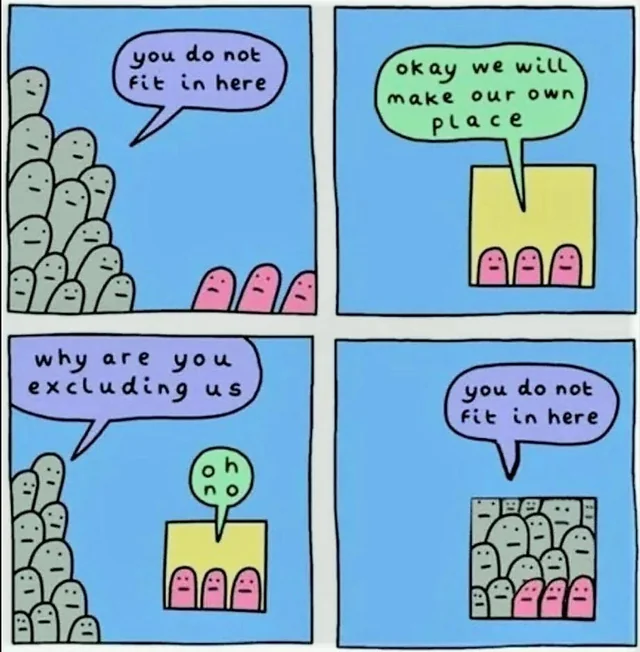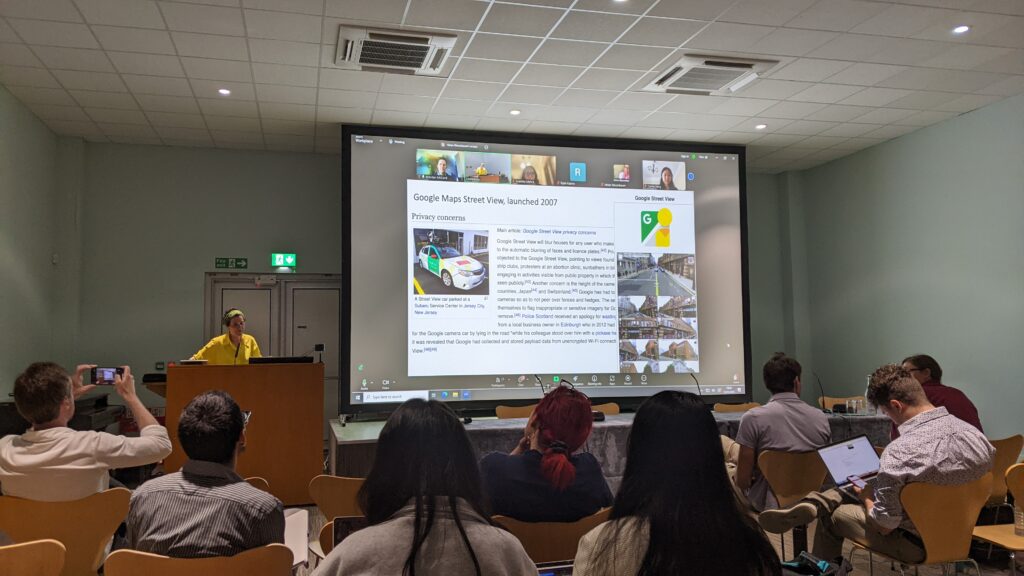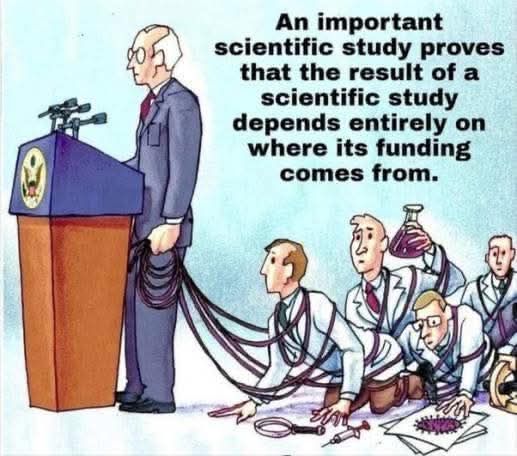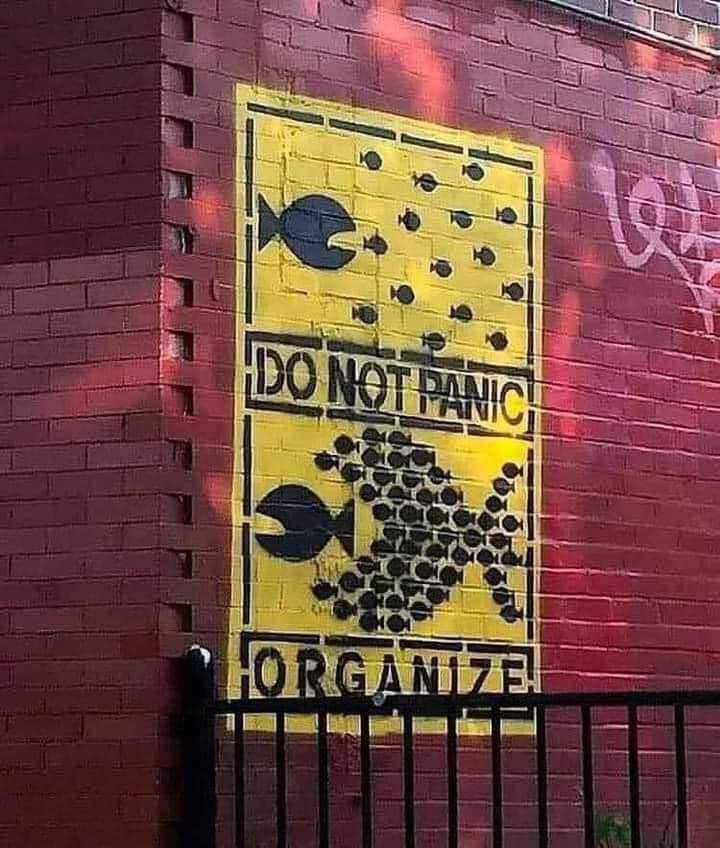It’s important to be honest about the messy world we’re working in. Just about every so-called “alternative tech” or #opensocialweb event – especially those run under the #NGO banner – is riddled with institutional parasites. They talk a big game about ethics, governance, and decentralisation, but their main role is to capture energy, not release it. The value in these spaces is minimal, maybe a few decent corridor chats, but structurally, they ONLY serve the status quo.
What we’re seeing at these events is an attempt to #mainstream change by reshaping it into something more passive and marketable. This is way too much about branding, not building. It’s funding cycles, not freedom. And people are so used to the #feudalism of current #FOSS governance models, full of gatekeepers, toxic meritocracy, and internalised hierarchy, that they don’t see the need to move past this. They double down instead, in the end, it’s just #blocking masked as principled caution.
That’s why we and the #OGB project (Open Governance Body) takes a radically different approach: build it permissionless and let it loose. No waiting for gatekeepers, no begging for funding, no asking nicely. Just making space for people to actually do the thing – together, in the open. If it works, people will come. If not, we try something else. But we stop wasting energy on the current deadened #mainstreaming rituals.
The key to this path is to recognise that there’s a different and much larger group of people, beyond the usual suspects, who can be empowered by tech if the structures are simple, human, and social enough. People who want to work together, share power, and build resilience, not just ship code. Yes, the tools need to exist, the ideas already exist, what’s been missing is a path that doesn’t instantly collapse into control.
That’s why #OGB is a #KISS project, it’s not about perfection. It’s about functioning enough to seed community processes that can grow over time. Something you can pick up and use, rather than argue about forever in a GitHub issue or a grant proposal.
Let’s be real, people are up shit creek without a paddle right now. And most of what’s presented to them as “solutions” are just more mess dressed up in new UX. If we want people to find different ways out, we have to build different places to look. That means creating tech ecosystems rooted in social trust, creativity, and actual autonomy, not more extractive platforms or performative NGOs.
We also need to deal with the deeper issue of apathy and Laissez-faire fatalism. People feel the system’s broken but don’t believe it can be changed. They’ve internalised the idea that trying is pointless. So we need to design structures that take this into account. Systems that don’t rely on constant enthusiasm or perfect participation. That hold space through thick and thin, for the long term.
This is where there’s real space for creativity and care, not just in what we build, but in how we build it, and who we build it with. Not self-promoting conferences, not glossy pitch decks, but compost piles and messy gardens, things that live, change, and root themselves in everyday needs.

The #OGB project is just one shovel. But there are others. Pick one up. The ground’s ready.
